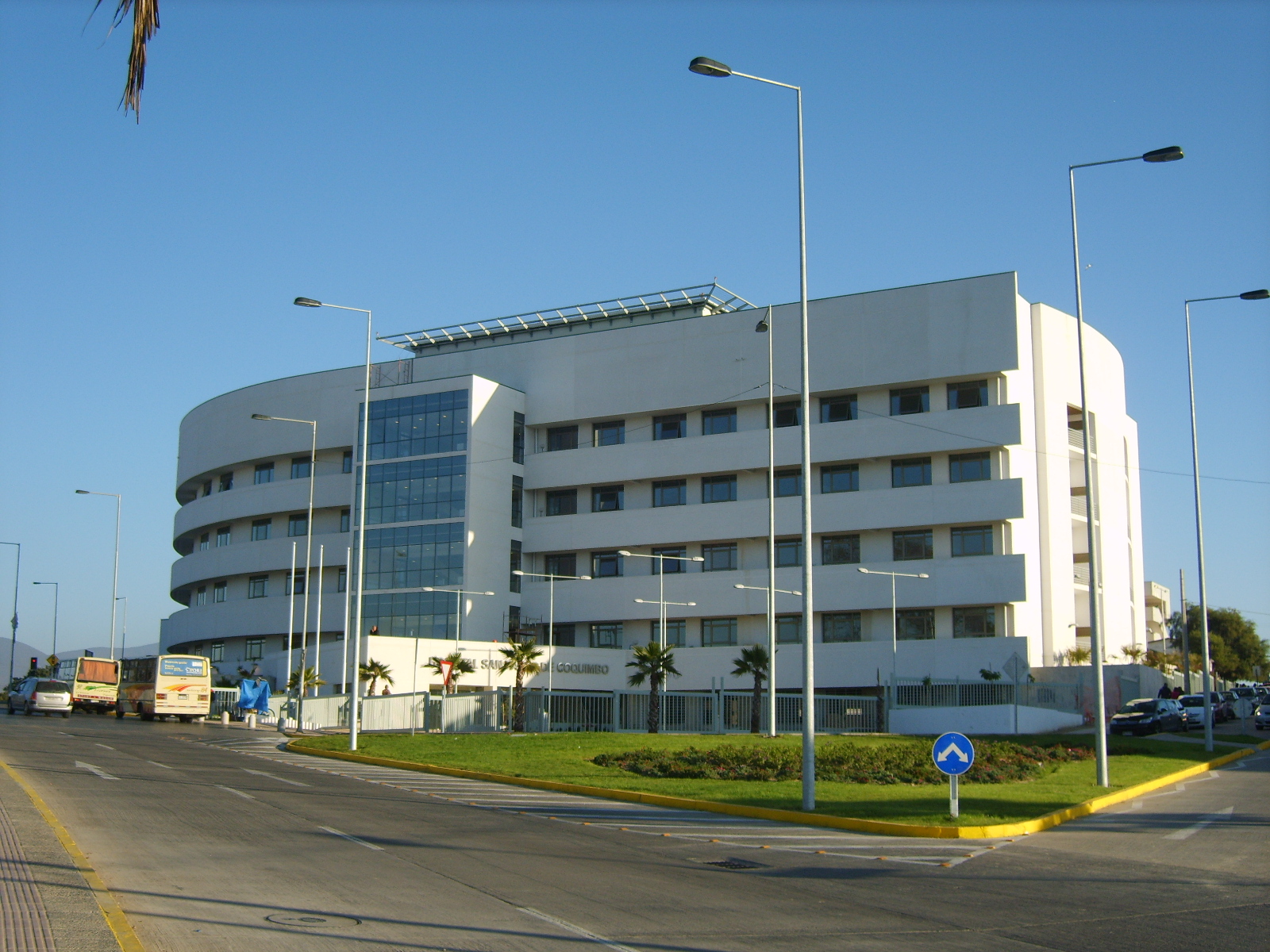By: Trianna Connolly
Produced & edited by: Michelle Michael
Doctors suggest that the
best way to get rid of a cold is to get a lot of rest, stay hydrated, and load
up on vitamin C. What is the best way to help cure something that goes beyond
physical health? The answer could lie within the traditional medical remedies
of the Mapuche people.
Mapuche People and Alternative Medicine
Originally located in southern Chile, the
Mapuche is a group of indigenous people. In recent years, they have been slowly
branching out into the rest of the Chilean society. With them they bring
knowledge of medicinal care that could revolutionize modern medicine.
The Mapuche, whose name means people of the
earth, believe in the magical-religious properties of curative plants and herbs
native to Chile. Some of these include triwe, refu, and wingam—all of which are
used to get rid of evil spirits causing sickness. Their medicine provides patients
a connection to the earth.
Although these remedies
have been passed down through generations within the group, their mission is to
share their tradition of healing to anyone who seeks it.
“More
and more people are looking for benefits in medicine that go in better harmony
with the body and soul,” Claudia Saavedra, a frequent user of Mapuche products
said. Saavedra, a health professional in Chile, wants the Mapuche medicine to
be incorporated into public health care programs so all Chileans can fully
understand its benefits.
“It
is out of respect for our roots,” she says. “It helps us see our bodies as a
sacred temple that must be protected.”
Pharmacies around Chile are beginning to add
Mapuche medicine to their shelves. The Mapuche have even created their own
pharmacy brand known as Makelawen, which includes all their herbal products and
remedies.
.jpg) |
Ancient Mupache Machis.
Photo courtesy: Wikimedia Commons |
The
Mapuche healers, known as machi, use
their medicine and wisdom to treat lifestyle illnesses such as sleep
deprivation, obesity, and even terminal illnesses such as cancer.
“They
see everything. They can see the color of your urine or your defecations or
your eyes,” 30-year-old Marcarena Isabel Machdo Delpiano explains. Delpiano, a
southern native, is familiar with the healing capabilities of Mapuche medicine.
She says the healers can diagnose from observation alone.
The
Mapuche treatments are diverse, extending to cosmetology and skin needs. “Once
I had a really bad burn and my friend gave me a cream that was a Mapuche cream
for burns and it was very, very good,” Delpiano said.
Many
Chileans believe there is a growing concern for chemicals in modern medicine
and Mapuche treatments are sold as natural, organic products.
Alternative vs. Modern Medicinal Practices
Public Health Care in Chile
Even
though this form of medicine may be gaining some traction among the Chilean
population, according to Dr. Daniel Silva Naveas, it cannot be prescribed as a
form of treatment unless it passes a filtering system similar to other drugs.
“Current medicine
provides proven treatments to patients with the least possibility of risks.
This implies that each prescribed substance must have studies that endorse its
indication,” said Dr. Naveas, who specializes in mental health.
However,
Naveas is optimistic about such traditional practices, “it gives us [doctors]
new therapeutic options to explore.”
“Normal
doctors can recommend us that kind of medicine but not prescribe it because it
doesn’t come from a laboratory,” 34- year-old Santiago resident John Thomas Cleveland
Acuña said.
Psychologists
often recommend this type of medicine to their patients because they do not
have the same medical degree as most practitioners and they are unable to
prescribe medicine.
The Ministry of Health in Chile wants to incorporate more traditional, organic medicine
into the health care system outside a pharmacy setting. They hope it will
improve health care for the Mapuche people and get them interested in seeing regular
physicians.
 |
A modern hospital in San Pablo, Chile.
Photo courtesy: Wikimedia Commons. |
“There
have been instances of conversation between health authorities and representatives of the Mapuche people to extend their knowledge. It seems that
certain hermetic positions on the part of the Mapuche make it difficult to
achieve,” Naveas explains.
Chile’s current
healthcare system is divided into two structures, a public and private sector
which is inclusive for all Chileans, indigenous or not. Each of these sectors
have issues that hurt the lower classes.
“Public health
care is terrible…long queues, bad quality of services, not enough
professionals. Private health care, although has more rapid health benefits
[and] is restrictive in relation to the payment of insurance providers,”
industrial engineer Nicolas Nardecchia said.
The
citizens of Chile hope the government will understand that good health is a
right of every citizen. For now, people can obtain Mapuche medicine, but on
their own risk.
“Since
all the ingredients are natural, people don’t take it very seriously even though
they can be dangerous,” Acuña stated. Many believe “that you can solve all your
problems with Mother Nature, but that is not always the case.”
**Global Spotlight is a
nonprofit educational production, constituting a ‘fair use’ of any such copyrighted material as
provided under Section 107 of the U.S. Copyright Law.
.jpg)



No comments:
Post a Comment